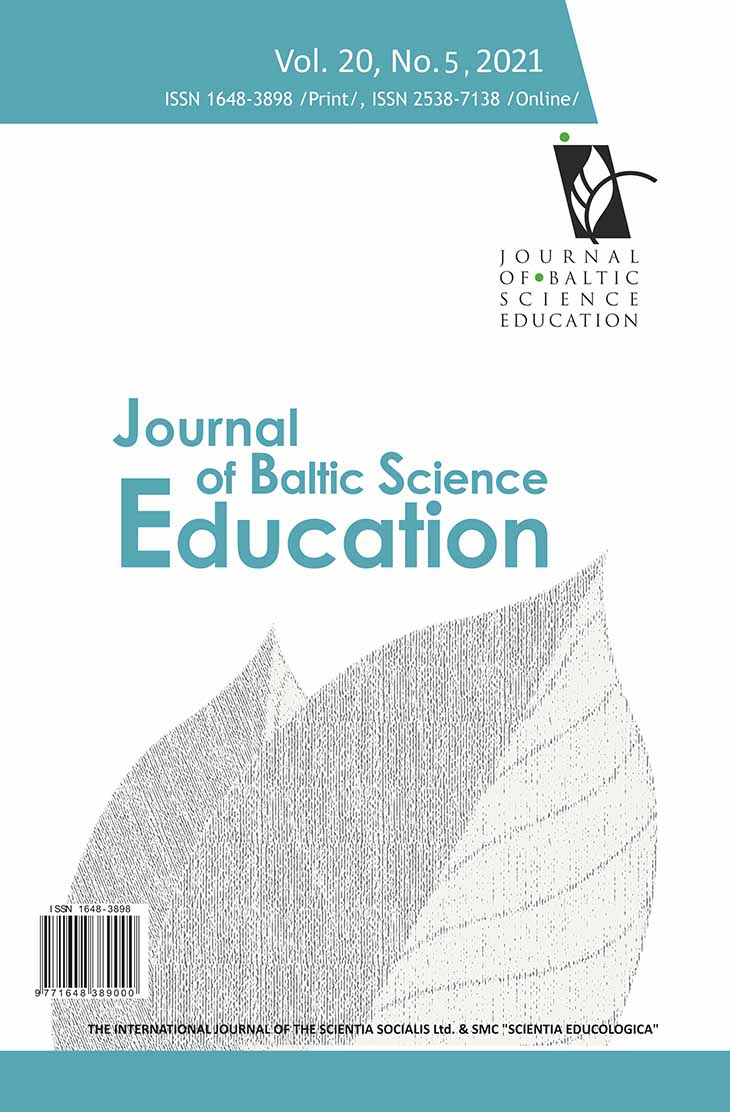THE PRO-ENVIRONMENTAL BEHAVIOR PATTERNS OF COLLEGE STUDENTS ADAPTING TO CLIMATE CHANGE
THE PRO-ENVIRONMENTAL BEHAVIOR PATTERNS OF COLLEGE STUDENTS ADAPTING TO CLIMATE CHANGE
Author(s): Shyang-Chyuan FangSubject(s): Social Sciences, Education, Energy and Environmental Studies, School education
Published by: Scientia Socialis, UAB
Keywords: climate change; knowledge levels; partial least square; place attachment; pro-environmental behavior;
Summary/Abstract: As the impact of climate change is increasingly intense, environmental educators of higher education would like to know the influencing factors for college students to proceed financial strategies, such as flood insurance or energy taxes, to adapt climate change; however, the sustainable environmental education provided by most colleagues still lags far behind the pace of business and government. The research is aimed at eight colleagues in Taiwan and is an undergraduate student taking courses in general environmental education. As diverse courses integrate climate change issues, distributed 1,000 questionnaires were proportionally allocated to each university according to the number of students who had taken the course; a total of 866 questionnaires were recovered. The pro-environmental behavior model be validated, and assess the correlations among risk perception, economic incentives, intrinsic motivation, sacrifice for the environment, place attachment, cheerful emotion, and social norm with partial least squares regression. For college students with high or medium knowledge on climate change, this research demonstrated that if pro-environmental behaviors bring cheerful feeling, they will induce their intrinsic motivation; meanwhile, because of environmental sacrifice and social norms, pro-environmental behaviors will trigger cheerful feeling.
Journal: Journal of Baltic Science Education
- Issue Year: 20/2021
- Issue No: 5
- Page Range: 700-715
- Page Count: 16
- Language: English

